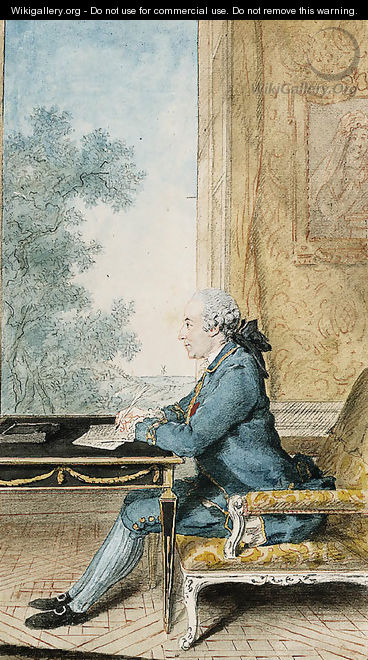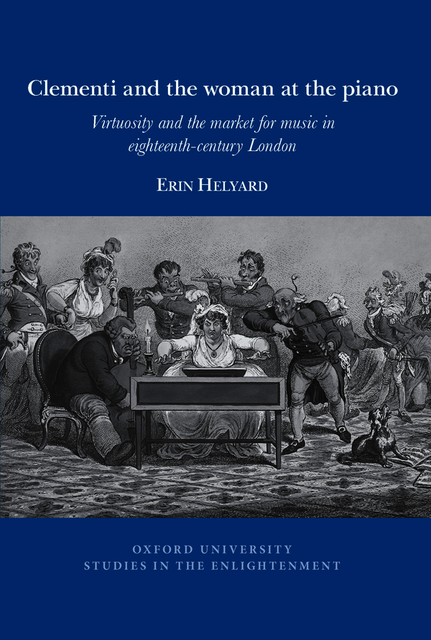critiquing the critic
 Audiences rely on them; performers love them or loathe them. Much has been discussed and written about the role of the critic. In an ideal world, the critic would perform one key function: to express a knowledgeable and balanced opinion about as many possible aspects of a performance which they have attended. They inform their readers about significant qualities of the work, its creators and its performers (and, in the case of genres such as theatre, dance and opera, about the company presenting the work and their staging of it). The critic aims to share with the public, a succinct and accurate opinion of the artistic merit which a certain artist, production or company has to offer.
Audiences rely on them; performers love them or loathe them. Much has been discussed and written about the role of the critic. In an ideal world, the critic would perform one key function: to express a knowledgeable and balanced opinion about as many possible aspects of a performance which they have attended. They inform their readers about significant qualities of the work, its creators and its performers (and, in the case of genres such as theatre, dance and opera, about the company presenting the work and their staging of it). The critic aims to share with the public, a succinct and accurate opinion of the artistic merit which a certain artist, production or company has to offer.
I see the role of the critic, ideally, as that of an informer or even educator of the public. I don’t propose that critics should lecture their readers on every intricate dimension of a work or performance, but their main function should be to give audiences an idea of what to expect if they attend the same event (or to highlight some important aspects of what the reader would have experienced if they had attended the event). According to these guidelines, a knowledgeable critic would also provide artists and companies with valuable feedback on their performances, making it a win-win situation for audiences and performers alike.
As we all know, it doesn’t always, or even often, work this way. Many critics currently hold a great deal of authority over important matters such as ticket sales and artists’ or companies’ reputations. A great review by an influential critic or publication can fill houses overnight, while bad reviews can prove to be a huge setback in an artist’s career. Some critics misuse their reviews as vehicles for self-aggrandisement or to further their private agendas for or against companies and performers. There are even cases where it is blatantly obvious that the reviewer has nowhere near enough knowledge to form a well-balanced opinion about a performance, or lacks the writing skills to coherently express any type of opinion at all.
Should audiences and performers take heed of critics? A published review is the written expression of an opinion. It may often be a well-informed opinion, but it’s still only an opinion. Most artists know which comments are useful to them and which are to be ignored, but the majority of audiences don’t. Art is an essentially subjective experience, and verdicts of artistic success or failure should not depend on the opinions of a select few, especially if their knowledge of the subject is questionable. It is a mistake to generalise about all critics, as every generation has a handful of writers whose knowledge has duly earned them respect. Also, critics’ influence varies across specific arts industries.
My bottom line is that the ultimate arbiters of artistic achievement should be audiences and the artists themselves, as good art is largely determined by the quality of the interchange of emotions and ideas between these two, and history has proved them to be the best judges of what is good enough to transcend generations.





